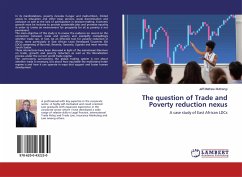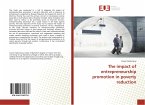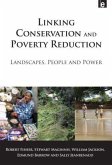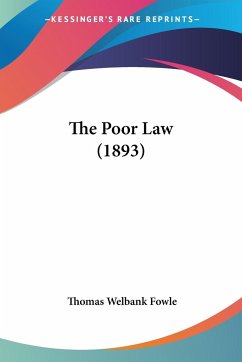In its manifestations, poverty includes hunger and malnutrition, limited access to education and other basic services, social discrimination and exclusion as well as the lack of participation in decision-making. Economic growth must be inclusive to provide sustainable jobs and promote equality in order to create an environment for prosperity for all as poverty is not permanent. The main objective of this study is to review the evidence on record on the connection between trade and poverty and exemplify compellingly whether trade can, in fact, be an effective tool for poverty reduction in Africa, more particularly in East African Least Developed Countries (EA LDCs) comprising of Burundi, Rwanda, Tanzania, Uganda and most recently South Sudan. These interactions have been discussed in light of the mainstream literature on trade, growth and poverty reduction as well as the liberalization process under the current world trade regime. The controversy surrounding the global trading system is not about whether trade is necessary, but about how equitable the multilateral trade regime is and how it can operate in ways that support and foster human development.
Bitte wählen Sie Ihr Anliegen aus.
Rechnungen
Retourenschein anfordern
Bestellstatus
Storno








